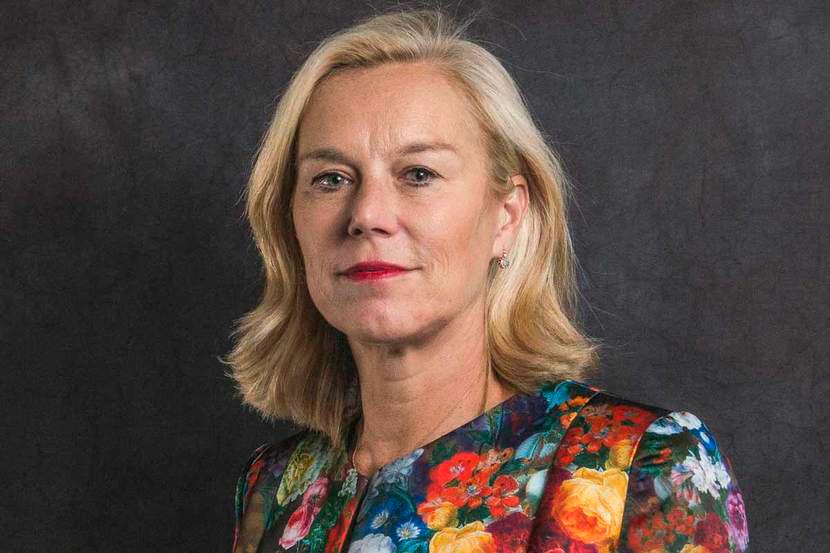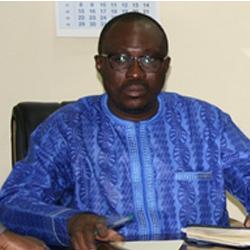Learning Matters: Why We Need A Learning Revolution

Learning Matters: Why We Need A Learning Revolution
Learning Matters: Why We Need a Learning Revolution.
While many countries have made tremendous progress in getting children into the classroom — much more remains to be done to ensure that students are effectively learning and being equipped with the necessary skills for the jobs of the future. In her opening remarks, Vice President for Human Development Annette Dixon laid out the challenge; 60% of primary school children in developing countries fail to achieve minimum proficiency in reading, writing, and basic math. She stressed that to effectively respond, countries need to know the state of their education quality and how far they are from ensuring that all students learn.
In the first discussion, UK’s Secretary of State for International Development Penny Mordaunt implored countries to focus on improving learning outcomes and technical education with private sector support. UNICEF’s Executive Director Henrietta Fore stressed the need for a “learning backpack” consisting of literacy, transferrable skills, entrepreneurship, language skills, combined with digital skills that will help prepare youth for the job market. Sierra Leone’s Finance Minister Jacob Jusu Saffa noted that historical conflicts in his country had caused a lack human capital wealth, requiring workers from other countries to fill the gap. This strengthens his resolve in ensuring that every child has the right to quality education, especially those with disabilities. Global Partnership for Education Chair Julia Gillard encouraged the sharing of what works best in countries for mutual learning and emphasized funding coordination to improve effectiveness.
A video featuring the voices of the finalists from the recent Financial Times and World Bank Education Blog Competition was shown to highlight how young people see the future of education. The two winners, 17 year old Nhi Doan from Vietnam, and 16 year old Ishita Gupta received a prize onstage amidst applause for their insights.
In the second panel, Jordan’s Minister of Planning and International Cooperation Mary Kawar noted that even with the influx of refugees from Syria, all of their children have a right to education, achieved partly through Syrian and Jordanian teaching assistants working closely with schools, civil society, and government agencies to make learning happen. LinkedIn co-founder Allen Blue noted the need for skills such as teamwork and communications to complement technical skills. Annette concluded that the 4 critical ingredients to ensure the promise of learning for all are: prepared and supported leaners, motivated and trained teachers, effective and inclusive technology, along with meritocratic leadership and management, so that all students can learn the skills that machines will not be able to teach.
Learn more
Video: Voices of the FT & World Bank Blog Competition
Website: World Bank Education
Discussion on Twitter: #LearningRevolution

![[Backup] WBLive_landscape_All-colors - 1](https://s7d1.scene7.com/is/image/wbcollab/trending-World-Bank-Live-landscape?qlt=75&resMode=sharp2)








